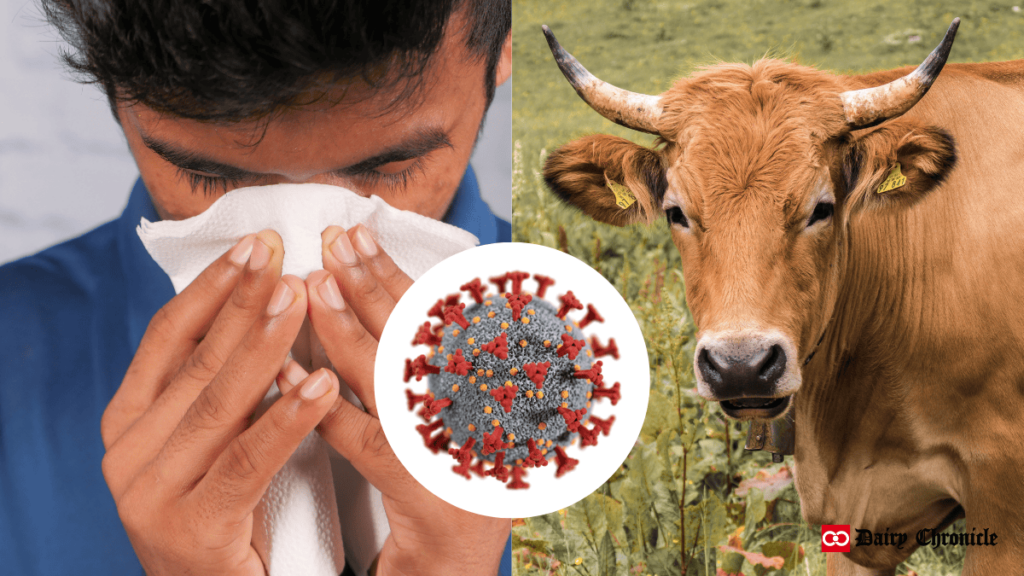The CDC has confirmed the fourth human case of bird flu linked to a dairy cow outbreak in Colorado. The worker, who exhibited eye symptoms, has recovered after treatment. The overall risk to the public remains low, but precautions are advised. The USDA assures the safety of the milk supply despite recent bird flu findings in dairy cattle.
The Centers for Disease Control and Prevention (CDC) has confirmed the fourth human case of bird flu, associated with the ongoing dairy cow outbreak. The case involves a dairy worker in Colorado, adding to previously reported cases in Texas and Michigan.
Case Details
The affected worker in Colorado had been exposed to cows infected with the H5N1 strain of bird flu. The patient reported eye symptoms and had been under observation due to their exposure. State-level testing initially yielded inconclusive results, but further analysis by the CDC confirmed positive results for influenza A. The worker received treatment with oseltamivir, an antiviral drug, and has since recovered.
Public Health Risk
The CDC has stated that the risk to the general public remains low. However, the agency advises avoiding close or unprotected contact with sick or diseased animals, as well as unprotected exposure to animal waste, unpasteurized milk, or materials touched by infected animals.
Bird Flu in Livestock
In early March, the U.S. Department of Agriculture (USDA) reported that the bird flu strain affecting millions of birds was also found in several mammals, including dairy cows. Symptoms observed in dairy cows included decreased milk production and reduced appetite. Despite these findings, the USDA has assured that the commercial milk supply remains safe and that there is no risk to consumer health.
Colorado’s Bird Flu Situation
As of July 1, Colorado has reported the highest number of livestock cases, with 23 affected herds. The state is experiencing a significant outbreak, with more cases reported than in other states.
Also Read: 7% of U.S. Dairy Workers Test Positive for H5N1 Bird Flu in an Latest Outbreak
Milk Safety
In late April, bird flu fragments were detected in samples of pasteurised milk. These fragments are inactive remnants of the virus and cannot cause infection. Federal agencies maintain that pasteurisation and proper disposal of milk from sick cows ensure the safety of the commercial milk supply.
Federal Response
In anticipation of a potential increase in human health risk, the CDC is preparing for possible scenarios by enhancing the national stockpile of bird flu vaccines. This effort is part of the federal government’s broader strategy to address and manage the potential public health impact of bird flu.
The CDC continues to monitor the situation closely and provides guidelines to mitigate risks associated with bird flu and its effects on both animals and humans.



